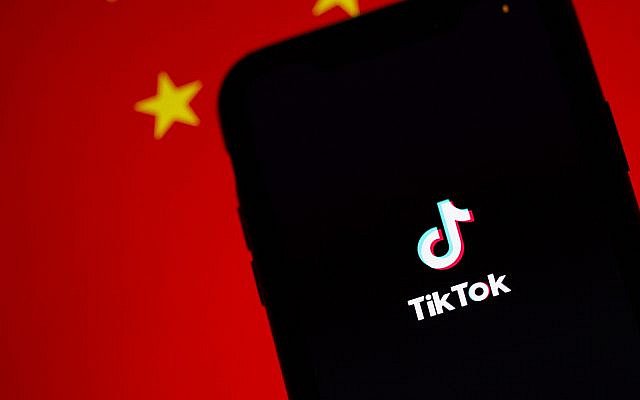By now, most agree on the privacy dangers of TikTok. Social media’s latest star — with 800 million active users, most of which are young people — has all but lost the public debate around its own vulnerabilities. That debate reached a crescendo last week with President Trump signing an executive order effectively banning the use of TikTok in the U.S, while leaving the door open for Microsoft, or another US company, to acquire the app.
The swift public rebuke of TikTok is for good reason. In our current state of affairs, any Chinese app is by definition a dangerous one. China’s lack of any substantial data protection infrastructure, such as Europe’s GDPR and the US’s CCPA, means that any app developed in the country will inherently be built with nearly-irreversible privacy holes and backdoors.
What’s worse, there is evidence to suggest that the app — through its Chinese parent company Bytedance — shares user data with the Chinese Community Party. This pushes the issue beyond the realm of personal privacy and into a full-blown national security threat for countries around the world. By sharing information with the Chinese government, the app, which collects troves of usage and personal data, could be easily used as a surveillance tool.
Could Microsoft swoop in and save TikTok users from these threats? Probably. While not as solid as Apple, Microsoft stands on fairly strong ground in its efforts to protect user privacy, especially compared to other tech giants like Google and Facebook. If Microsoft acquired and rebuilt the app in accordance with stricter US and EU standards, TikTok could continue to exist in democratic countries without presenting major national security threats.
But will this outcome ease parents’ growing concerns with TikTok? As both a privacy expert and a parent, I’m not so sure. In a twist of irony, we parents may not want to see the data-consuming app be fixed — and therefore saved — but rather, to fail and die. Here’s why:
- Data Will Still Be Collected: Just because Microsoft — or another reputable buyer — may not share data with a foregin government, it does not mean that data won’t be collected or shared with third parties. The sorts of data that TikTok currently collects, such as IP address, browsing history, and locational data are fairly standard practice for any free mobile app. But TikTok has taken this a step in the wrong direction, and has been caught secretly accessing users’ clipboards and reading copied text messages and other content. Regardless of the future of the app, some level of data is likely to still be collected and shared for advertising purposes, which is problematic for anyone’s personal privacy, but especially so when dealing with children and teens.
- Social Permissions Are a Slippery Slope: As with many apps, TikTok offers the ability to sign up with a users’ Facebook or Google accounts. While this makes the signup process easier, it also grants the app access to certain data associated with those accounts. This only adds to the increasing amount of data being collected and shared about young users, which is impossible to reverse. While Microsoft could choose to forgo this option for new users, they may be likely to keep it given the time it saves in the sign-up process.
- Younger Users, More Time: Despite the app’s growing adult user base, it is still an immensely popular platform for young people that has proven extraordinarily addictive. While a young user base is not in and of itself problematic, tangential issues could arise given the sheer number of time being spent on the app, by younger and younger children. According to data from Hootsuite, 69% of TikTok’s users are between 13-24-year-old. Although TikTok’s policy does not allow users to be younger than the age of 13, Qustodio’s 2020 annual report on children’s digital habits found that kids as young as 4 years old used the app, with the age group of users 4-15 years old spending an average of 86 minutes per day.
Young people like TikTok, and that shouldn’t be ignored. But popularity doesn’t ensure privacy or propriety. And even though Microsoft is sure to significantly improve the vulnerabilities associated with the app, us parents need to do our own due diligence and make decisions to protect our kids. Even if Microsoft “saves the app,” I’m not sure our worries are likely to be resolved.


